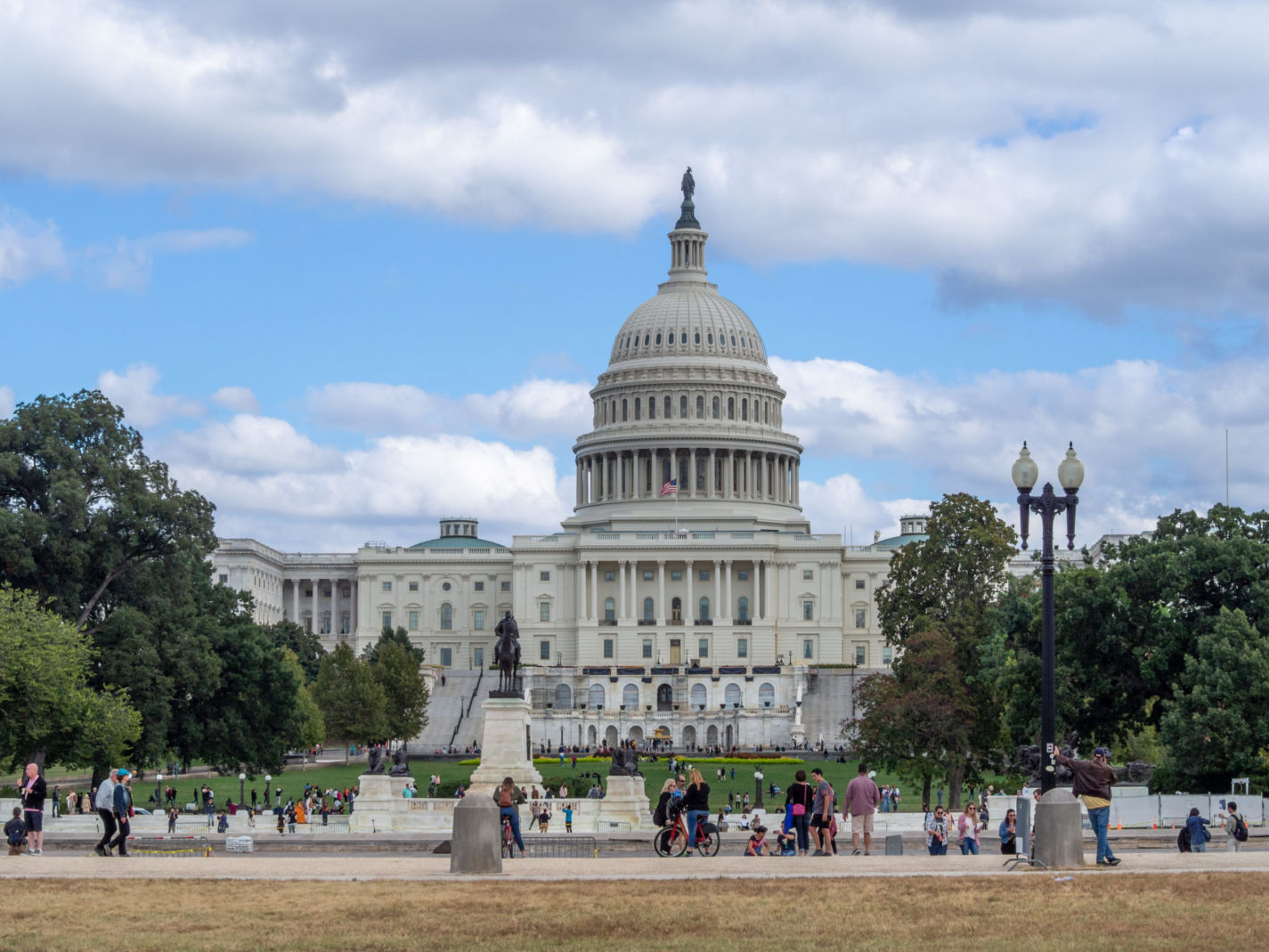The U.S. Supreme Court ruled 6-3 against the Environmental Protection Agency’s attempts to regulate emissions and require states to shift to clean energy sources from existing power plants. Environmentalists fear this harm to their cause, but it should be seen as an opportunity.
Despite what headlines suggest, this ruling does not prevent the EPA from regulating air pollutants. Instead, it restricts the forms in which those regulations can take place. It does not stop Congress, state legislatures, or governors from enacting their own air quality measures. However, this ruling outlines some big ideas that should guide environmental policymakers, lobbyists, and activists moving forward.
In the 1960s and 70s, Congress passed and amended the Clean Air Act, which authorized the EPA to regulate air pollutants, including the power to identify the “best system of emissions reduction.” In 2015, the Obama administration expanded the powers of the EPA without congressional approval. These powers included “generation shifting” mandates that required states to shift to clean energy sources. Since 2015, these expanded powers have faced revisions through the Trump administration and tumultuous judicial battles in the lower courts.
Eventually, 19 states countered the law. They argued that the EPA was fully out of bounds with its legislatively granted authority. They filed four petitions, which the Supreme Court agreed to hear and consolidate into West Virginia v. EPA. Environmentalists can learn from this ruling how to enact change within the realm of the U.S. Constitution through policymaking, state and local action, and personal lifestyle changes.
The Court cited the “major questions doctrine,” which argues that government institutions, like Congress, cannot pass on powers to other government entities that it is explicitly authorized to wield. This type of argument outlines the ways that unelected bureaucrats can wreak havoc on climate change mitigation strategies. The core problem with relying on these bureaucrats is that they are subject to change with each administration between personnel changes and judicial appointments. Relying on the EPA to solve climate change was always an insufficient and shaky strategy for solving this long-term challenge. Instead, environmentalists should seek to stay within the confines of constitutionally-supported authorities, rather than seeking to change policy through back channels.
In the case of federal policymaking, environmental activists should shift their attention to electing congressional representatives who share their vision. Not only will this strengthen environmental policymaking with durability and longevity, but it will also increase the legitimacy of environmental policy. It puts members of Congress back in conversation with voters on how to best address climate change. They will not feel as pressured to take part in performative measures for the sake of activists but instead put forward legislation that can benefit the largest portion of the electorate – and the planet.

In addition to our democratic elections, another defining feature of the American government is federalism, or the division between national, state, and local governments. Environmental policy must strike a balance between the powers of the federal government and state governments. However, environmentalists can avoid messy legal battles and focus their attention on targeted state and local policymaking.
Focusing on state and local governments can also improve environmental policy by better tailoring it to local needs. For example, western states like California face wildfires and droughts, but Eastern coastal states like Florida face increasing tropical storms and hurricanes. Solutions to these effects of climate change must look radically different. Allowing the people experiencing specific effects of climate change to solve these problems will create better outcomes in the long run.
West Virginia v. EPA may feel like a loss for environmentalism in the U.S., but it is not the end of the story. The tools we have to fight climate change remain plentiful and diverse. Instead of despair, environmentalists should feel reinvigorated to think creatively about how to solve the Earth’s greatest challenges.
Elijah Gullett is the leader of the American Conservation Coalition Triangle branch, which covers the Raleigh-Durham Region of North Carolina. He is a recent graduate of UNC-Chapel Hill where he studied public policy and urban planning.